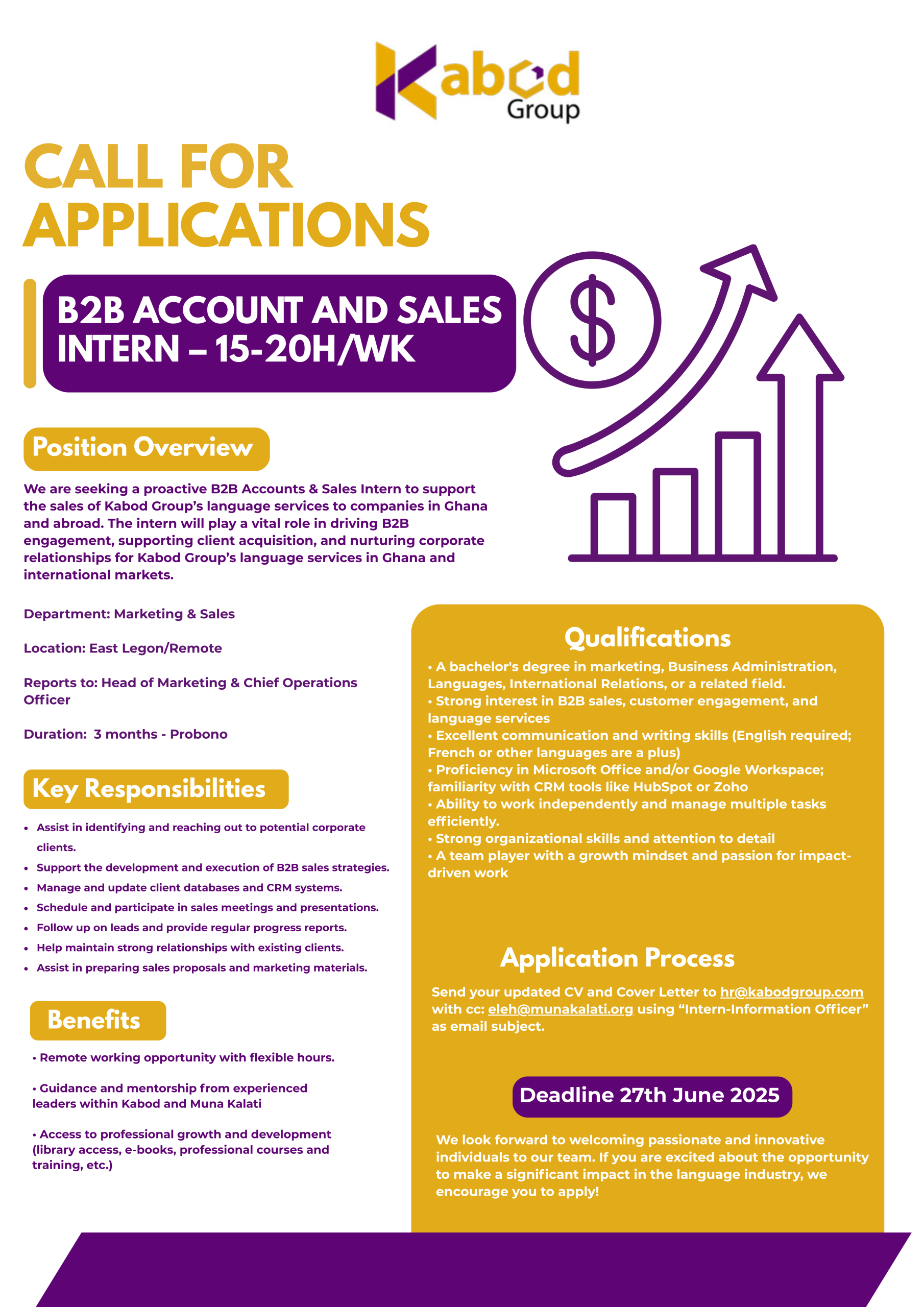Not-Invented-Here Syndrome
Sometimes known as ‘Reinventing the wheel syndrome’ is the tendency of organizations to avoid using products they did not invent. It mostly results from the belief that they can solve problems in a better way if they reinvent.
Effects: Waste of time and resources since organizations are dedicating these to things that have already been created.
Solution: Organizational decision-making processes should be influenced by data and not emotions.
Leverage experts in order to increase organizational expertise.
Tall Poppy Syndrome
Originally from Australia, it refers to the expectation that poppies should grow together, and if one grows too tall, it is cut down to size. It is the inability of employees to share their knowledge due to fear of being “cut down” either by their peers or hierarchy.
Effects: Creates an unfriendly work environment where people thrive on downsizing others.
Hinders organizational performance and growth.
Solution: Establishing clear goals and defining acceptable behaviour.
Put in place measures to ensure that organizational policies are respected.
Lock-it-Away Syndrome
In this case, good practices are not shared because every time efforts are made, security policies infringe on them and the products are sometimes locked down by default.
Effects: Hinders flow of information and encourages mediocrity.
Solution: Management should uplift policies that infringe on employees’ abilities to share knowledge.
Encourage and put in place reward systems that encourage knowledge sharing.
Hamster-on-the-Wheel Syndrome
Originates from the concept of hamsters endlessly running on their wheel. They only jump off when they are exhausted. This syndrome results from the feeling of not having enough time. Some employees are so engaged in the individual tasks that they complain about not having time to share knowledge.
Effects: Decreases productivity in the long run as employees become exhausted.
Solution: Differentiate what is urgent from what is important.
Reward results and outcomes rather than actions and task completion.
Ignorance is Bliss syndrome: Here, there is a general lack of curiosity and desire to learn which sometimes results from inflated self-confidence.
Effect: Reduces the demand for learning.
Solution: Develop a knowledge-sharing culture where employees can learn from each other.
Emphasize the need and benefits of knowledge sharing to both individuals and the organization as a whole.

Lacknowledgement Syndrome
People don’t share information due to fear of not being recognized or acknowledged.
Effect: Organizational stagnation.
Solution: Establish a reward and recognition policy for employees.
Shrinking Violet Syndrome
The term shrinking violet is popularly used to describe an individual who is extremely shy. Employees don’t share knowledge based on the belief that they have nothing useful or important to share.
Effect: Suppresses the supply of shared knowledge in the organization.
Solution: Organization of knowledge sharing sessions for all members of the organization.




